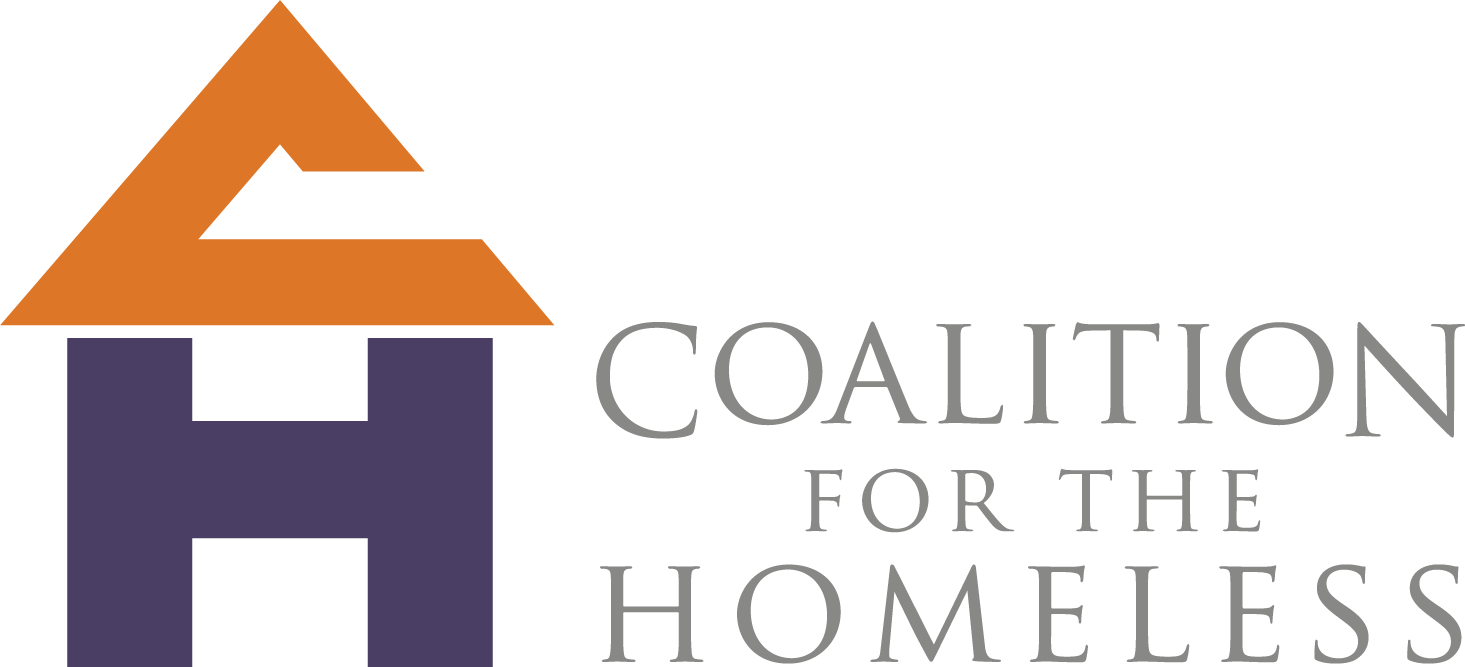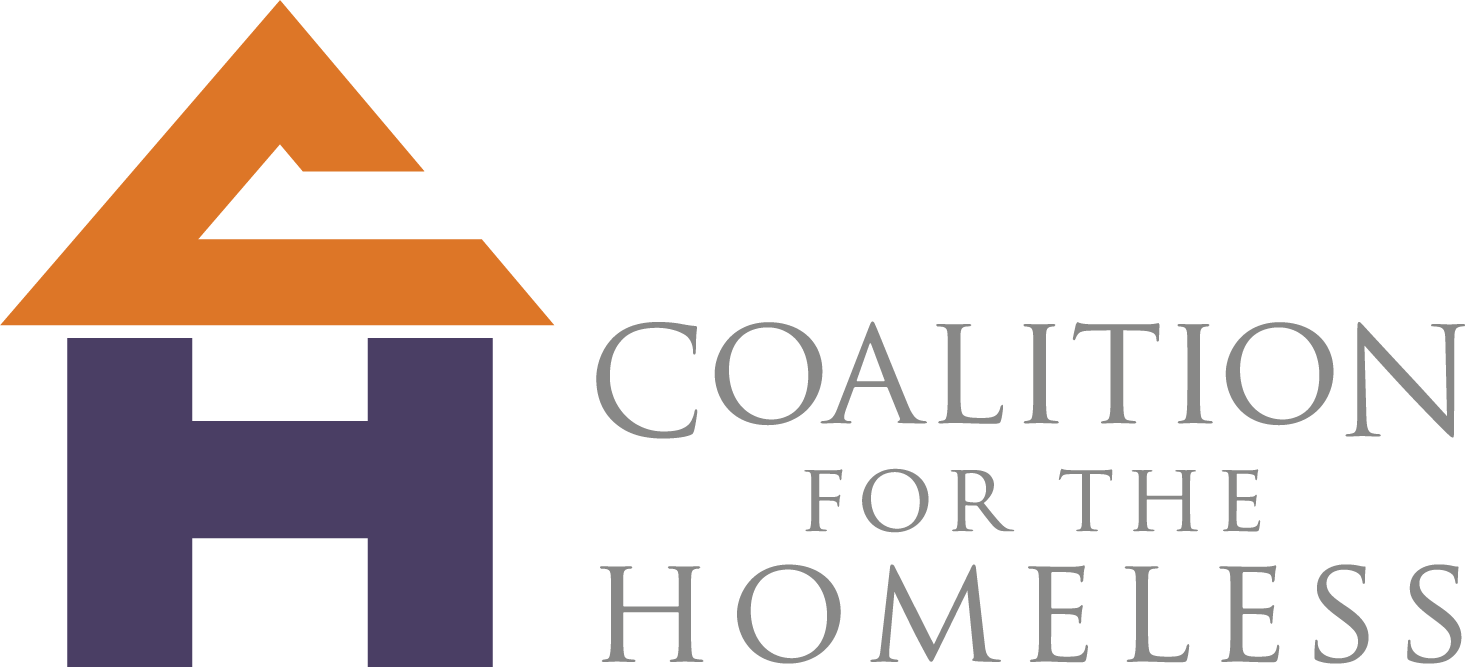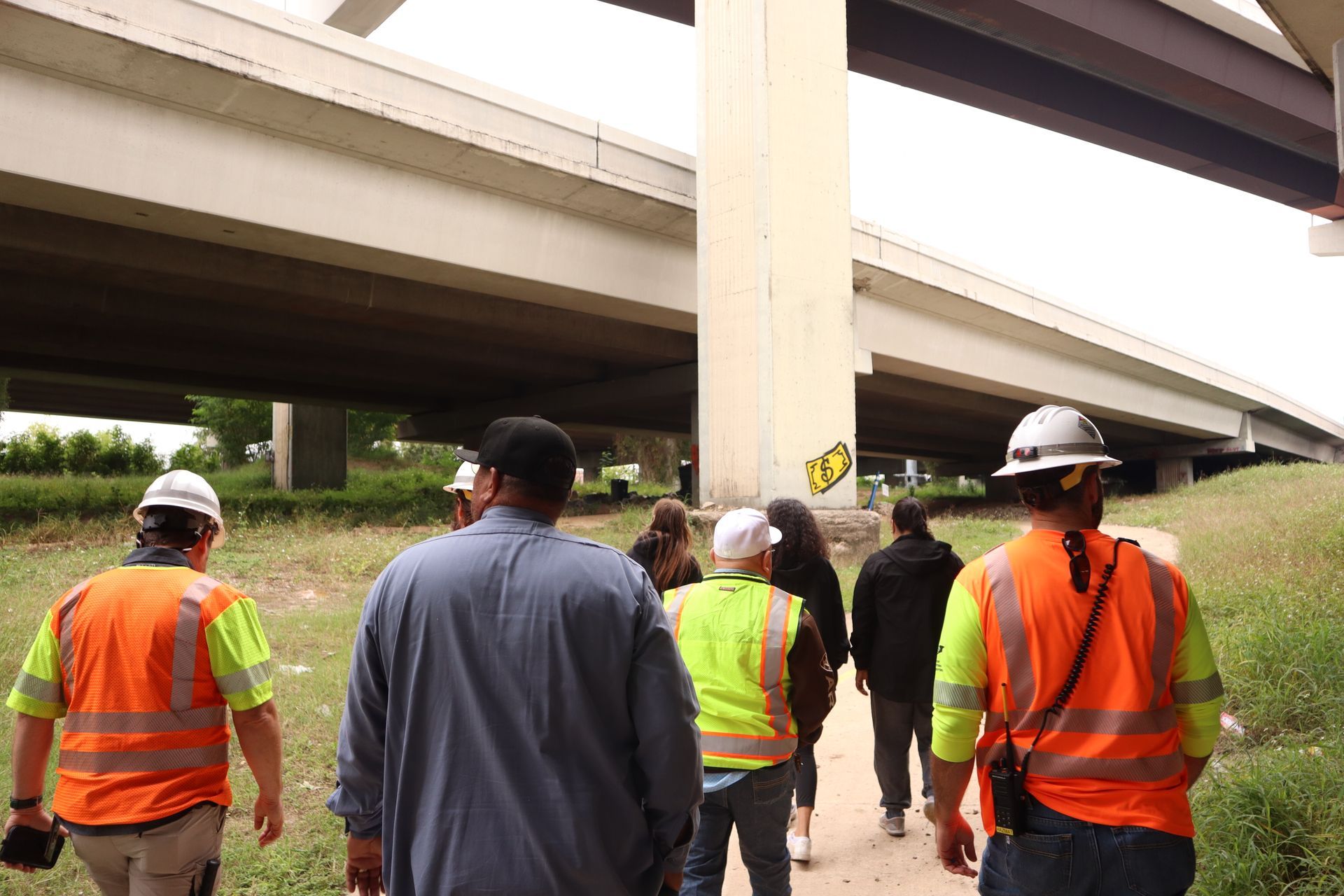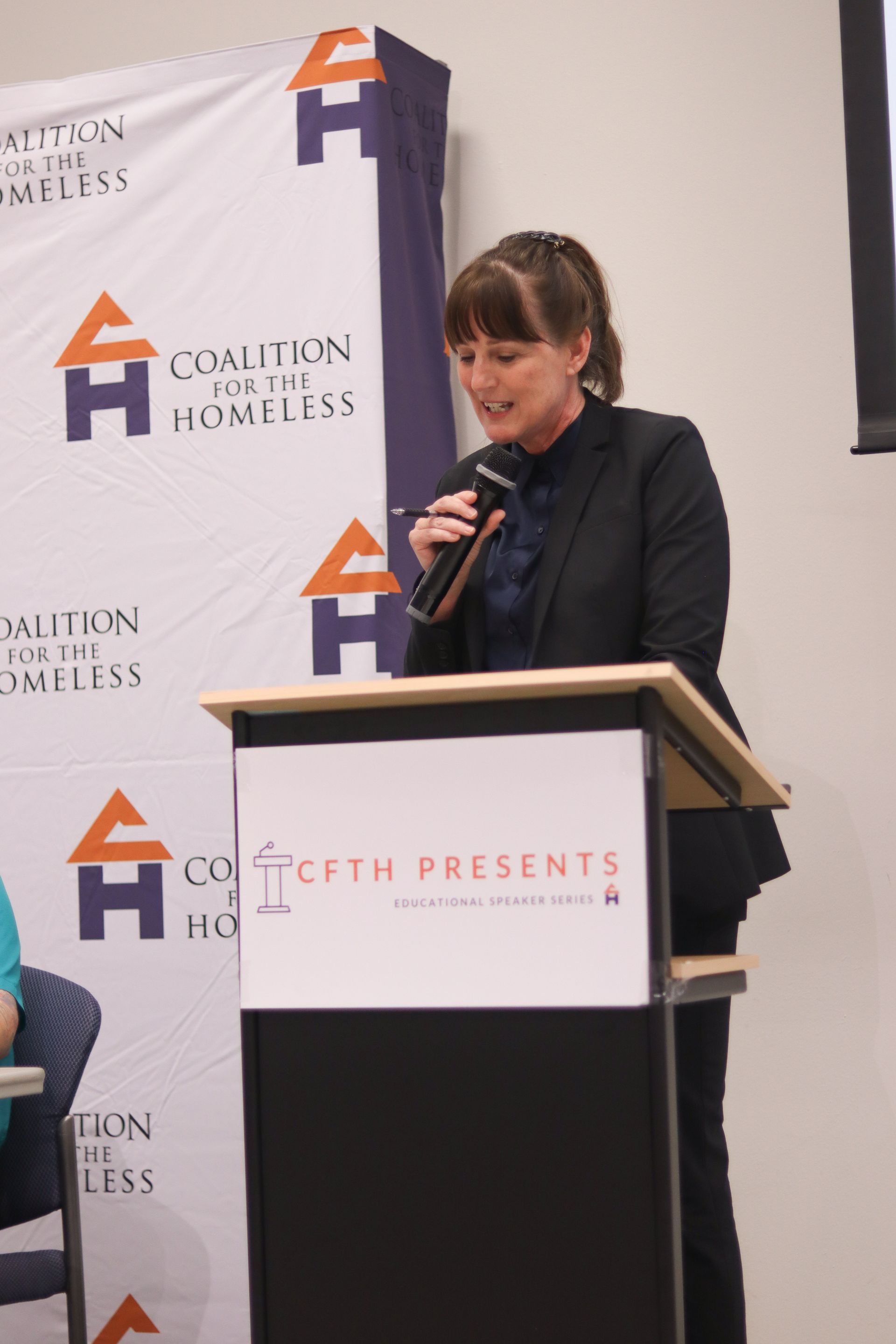Advocacy Alert: Tell the TDHCA that proposed changes to the QAP would hinder our progress!
Catherine Villarreal • Sep 25, 2020
Proposed changes to the Qualified Action Plan would make it much harder to secure housing for people with criminal backgrounds
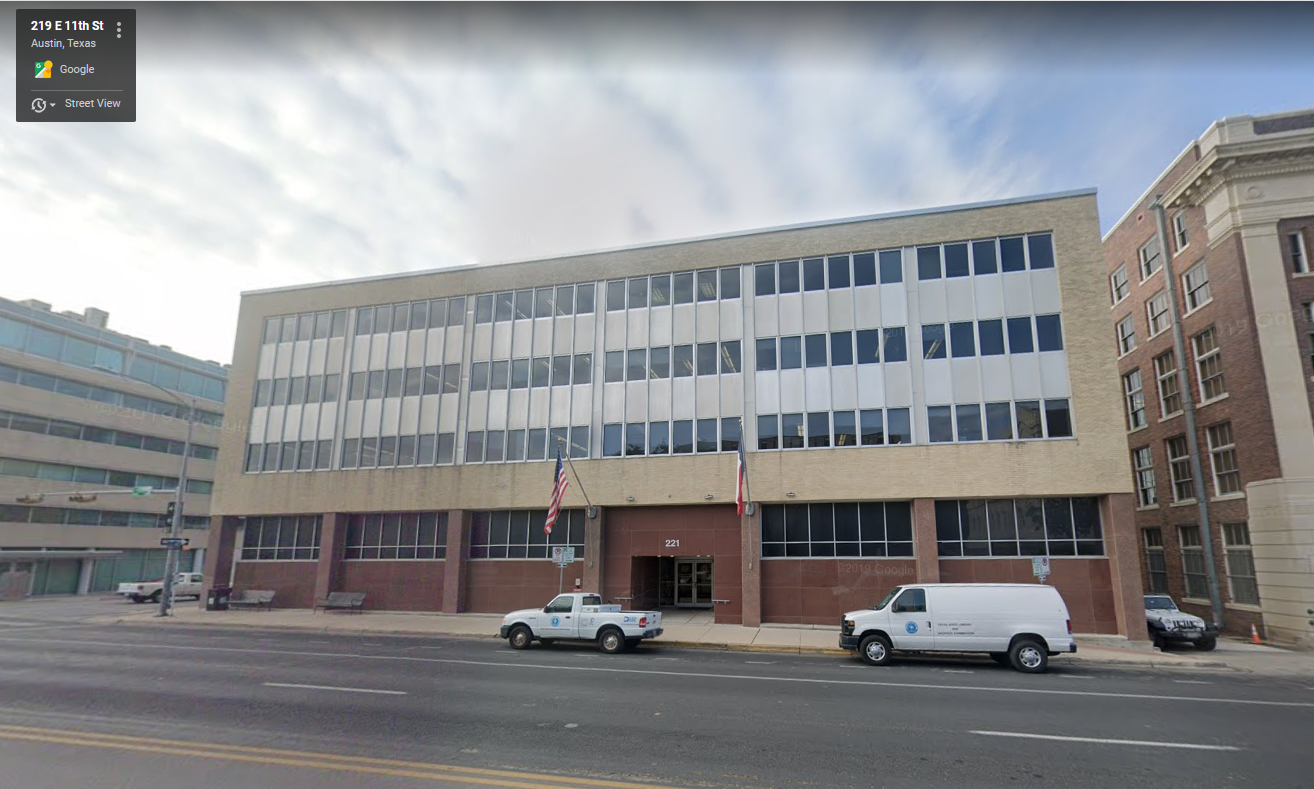
Recently, the Texas Department of Housing and Community Affairs (TDHCA) proposed a change to the Qualified Allocation Plan (QAP)
that would require that supportive housing tax credit properties refuse to house individuals with criminal backgrounds (temporarily or permanently, depending on the severity of the crime).
This change to the QAP would severely, adversely impact the ability of homeless response systems across the state to secure supportive housing for their clients, which in turn would lead to increased recidivism and increased homelessness. This would be concerning at any time, but is especially concerning during a global pandemic.
We encourage all member agencies of The Way Home Continuum of Care — particularly faith-based organizations — as well as any other concerned individuals to submit a comment to TDHCA opposing this rule change.
How to submit your comment
Please direct all input related to the QAP to TDHCA Multifamily Policy Research Specialist Matthew Griego. Written comments may be submitted to the Texas Department of Housing and Community Affairs, Attn: Matthew Griego, QAP Public Comment, P.O. Box 13941, Austin, Texas 78711-3941, or by fax to (512) 475-1895, Attn: Matthew Griego, QAP Public Comment, or by email to htc.public-comment@tdhca.state.tx.us. Any input must be provided by Friday, October 9, 2020, at 5 p.m. Austin local time.
Helpful links
TDHCA's public comment center: https://www.tdhca.state.tx.us/public-comment.htm
Markup of QAP (scroll to page 14 and look at the definition of Supportive Housing at the bottom of the page): https://www.tdhca.state.tx.us/multifamily/docs/21-QAP-StaffDraft.pdf
Questions to consider in writing your comment
- How would this affect your ability to perform your work (e.g., to be able to house clients experiencing homelessness, or to fill vacant units, as applicable)?
- Do you have any data about what percentage of your clients would be affected by this rule change? Specifically, do you have data on the number of people in your programs who have criminal backgrounds?
- Do you have any data (or anecdotes) to help illustrate the fact that people with a criminal history make good tenants / do not pose a threat to other residents?
Suggested messages to include in your comment
We hope you will draw some inspiration from these messages, but please put the ideas in your own words in your comments.
- The Way Home Continuum of Care (the local homeless response system, made up of 100+ agencies) has made great progress in solving homelessness in Harris, Fort Bend and Montgomery counties.
- Since 2011, we have placed more than 19,000 people in permanent supportive housing.
- This represents a 53% decrease in overall homelessness since 2011.
- This has made the Houston area a national model.
- This progress would not have been possible had rules such as the one proposed in the draft QAP been in place: Texas Department of Housing and Community Affairs (TDHCA)’s proposed change to the Qualified Allocation Plan (QAP) would require that supportive housing tax credit properties refuse to house individuals with criminal backgrounds (temporarily or permanently, depending on the severity of the crime).
- Note that the proposed change to the QAP specifically changes the definition of supportive housing to exclude people with criminal backgrounds. People who need supportive housing are our most vulnerable, e.g., people experiencing or at-risk of homelessness, and people with physical, intellectual, or developmental disabilities, which means this change affects the most vulnerable Texans.
- A disproportionate number of people experiencing homelessness have criminal backgrounds. This is no coincidence; many people fall into homelessness because they are released from the criminal justice system and have nowhere to go. The data:
- More than 50,000 people enter shelters directly from correctional facilities each year
- People who have been incarcerated are 13x more likely to experience homelessness when compared to the general public[1]
- This would disproportionately affect Black / African American people experiencing homelessness and their ability to be housed at tax credit properties.
- People who identify as Black or African American are disproportionally represented in both the homeless and criminal justice systems due to systemic and structural racism
- Homeless system numbers: Black/African American people represent:
- 19.9% of the population of Harris County
- 56.2% of people in the CoC experiencing homelessness
- Almost every one of our PSH/supportive housing developments would be affected by this rule, i.e., all future developments that will apply for tax credits. That amounts to 600 units in our pipeline that would be affected by this.
- The change to the QAP would mean that people experiencing homelessness with certain criminal backgrounds would remain unhoused for longer periods of time, which is a particular concern during a global pandemic.
- Would take us longer to house clients with criminal backgrounds because we wouldn’t be able to find them units for which they would be eligible. People would remain on the streets longer while we tried to find private landlords who could accommodate them.
- During COVID, it’s especially important to get people into housing where they can “stay home, stay safe.” Any policy that creates delays could adversely affect public health.
- Providing permanent housing is cheaper than sending someone back to prison, and it’s also cheaper that allowing someone to remain on the streets.
- Annual cost of incarceration in Harris County = (to come)
- Annual cost of someone living unsheltered in Harris County = recently estimated to cost $91,000/year
- Annual cost of providing permanent housing to someone in Harris County = $17,000
[1]
https://www.urban.org/features/five-charts-explain-homelessness-jail-cycle-and-how-break-it
2000 Crawford St., Suite 700
Houston, TX 77002
Please note we do not
provide direct services for people experiencing homelessness. If you are in need of immediate assistance please call 211.
(713) 739-7514
© 2023 Coalition for the Homeless.
All rights reserved© 2024
All Rights Reserved |
Coalition for the Homeless of Houston/Harris County

